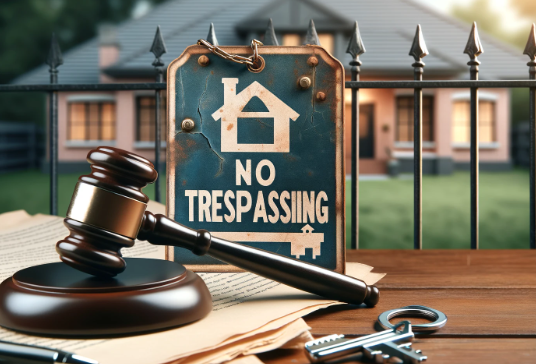Navigating a home rent agreement in Illinois demands careful focus on fine detail and idea of condition laws and regulations to safeguard the likes and dislikes of the two landlords and tenants. Below are great tips to assist you to browse through the illinois rental lease agreement properly:
1. Read through and Comprehend the Rent: Before signing any rent deal, very carefully go through and recognize all its conditions and terms. Pay attention to clauses regarding lease, stability downpayment, maintenance obligations, and termination methods.
2. Papers Every little thing: Maintain written information of all the telecommunications, such as lease negotiations, improvements, and routine maintenance needs. This documentation functions as evidence in case of quarrels involving the property owner and tenant.
3. Know Your Rights: Equally property owners and tenants have legal rights and responsibilities under Illinois law. Fully familiarize yourself with the Illinois Residential Tenants’ Rights and Obligations Act to understand your proper rights concerning safety deposit, habitability, eviction procedures, and much more.
4. Connect Effectively: Open and powerful connection between property owners and tenants is crucial for handling issues immediately and amicably. Evidently communicate any problems or needs concerning the hire home to the property owner or home management.
5. Examine the Property: Before transferring, conduct a complete evaluation of the lease home and document any present problems or problems. This evaluation report may help protect against quarrels over protection downpayment write offs at the end of the tenancy.
6. Look for Legal Services if needed: In the event you encounter intricate legalities or conflicts linked to the lease contract contract, look at seeking legal counsel from your certified attorney dedicated to landlord-renter regulation. They are able to give advice and counsel to protect your pursuits.
7. Assessment Renewal and Termination Conditions: Be aware of renewal and termination terminology specified from the lease contract contract. Know the observe demands for terminating the hire as well as automatic renewal conditions to avoid unintentional lease extensions.
By following these pointers and learning the intricacies in the Illinois residential lease agreement, property owners and renters can get around the lease method smoothly when guarding their proper rights and pursuits. Effective connection, familiarity with lawful proper rights, and awareness of depth are key to an excellent landlord-renter partnership in Illinois.


